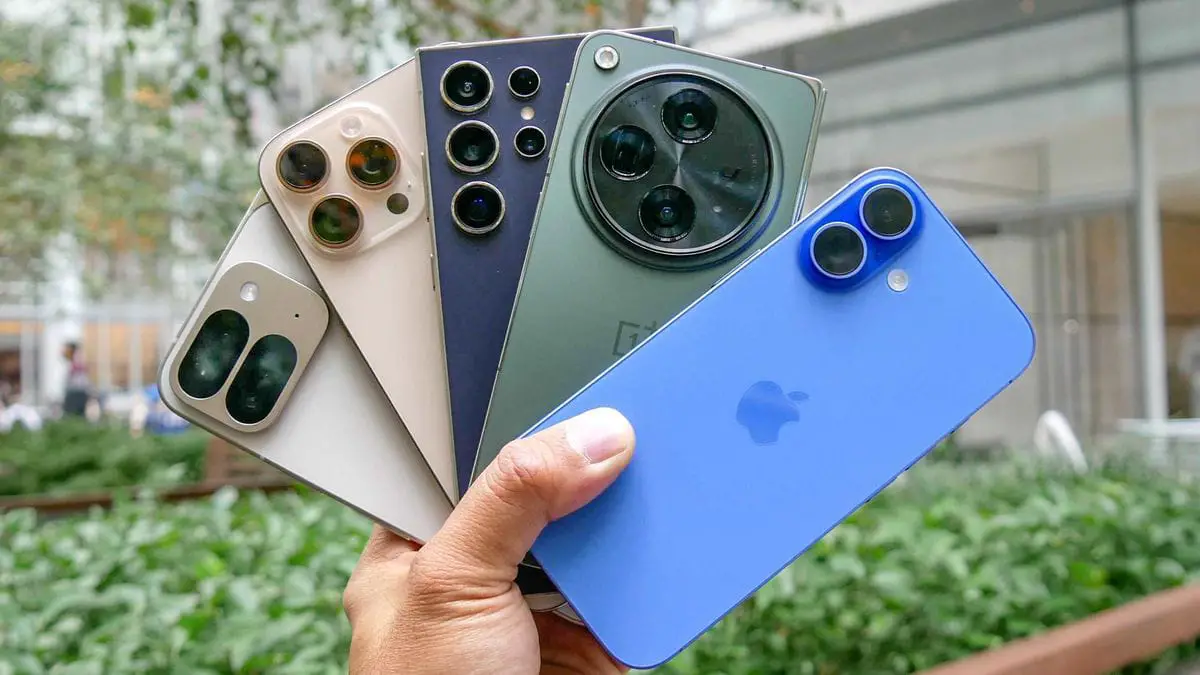Elon Musk, a visionary entrepreneur, is renowned for his unforgettable contributions to various industries, among which his significant contributions are in space exploration and electric vehicles. As founder and CEO of SpaceX, Musk has racked up numerous milestones. In 2012, SpaceX made history when it became the first private company to successfully deliver material to the International Space Station, leaving it under evaluation for further developments. Musk’s ambitious efforts include the development of the Falcon 9 rocket, which features self-landing capabilities, the powerful Falcon Heavy, and the Crew Dragon spaceship, which is creating a new era in private space travel.
Apart from his exciting steps in the space environment, Musk is behind Tesla Motors, a major organization in the electric car industry. Contributing $30 million at its start, he helped develop Tesla’s first car, the Roadster, which arrived in 2006. Tesla’s desire to build sustainable, electric cars matches Musk’s commitment to solving environmental challenges. In 2018, Musk’s Tesla Roadster was sent into space, with a mannequin named ‘Starman’ as the driver, showcasing the organization’s innovative spirit.
Musk’s influence extends to his invention of the Hyperloop, a high-speed transportation system between cities. His advocacy for Mars exploration has confirmed his support for solving environmental, social, and economic challenges. Musk’s multilateral approach, space exploration, electric vehicles, and extensive measures in clean energy solutions, shows him making a mark as an engineer and entrepreneur today.
How Did Musk Become a Billionaire
Elon Musk was born and raised in Pretoria, South Africa. He received degrees in physics and business from the University of Pennsylvania. His first venture was the founding of Zip2 Corporation, an Internet company providing business services.
“Things were tough in the early days. I had no money – in fact I had negative money [because] I had huge student loans,” Musk recalled in a 2003 lecture at Stanford University.
He bathed at the local YMCA and lived in his office, spending very little even with his meager income. “So when we went to VCs [venture capitalists], we could say we had positive cash flow,” he said. In 1999, when Compaq purchased Zip2 for more than $300 million, Musk focused on online bill payments. That company, later known as PayPal, was sold to eBay in 2002 for $15 billion.
Musk now had money, and at the tender age of 30, he was looking for something new. He founded SpaceX (Space Exploration Technologies) in 2002, with significant plans to launch a potential, privately funded space company. In the face of naysayers, he increased his commitment and worked on a business plan.
Launching Spacex
Elon Musk’s view of humanity as an intergalactic species stems from his concerns with potential existential threats to Earth, such as asteroids, nuclear war, and engineered viruses. In 2008, Musk acknowledged the challenge of developing large, reusable, and reliable rockets at a significantly lower cost as the main obstacle.
Musk founded SpaceX with the ambitious goal of reducing the cost of human spaceflight by 100 times. Despite considering the chances of success low, he still considered it important to achieve the mission. The initial stages were pursued with Musk’s own financial support, and after several attempts the first successful rocket, the Falcon 1, successfully tested in September 2008.
SpaceX’s success in developing successful rockets and spacecraft led to millions of dollars in funding from NASA. The company’s track record, including a successful run at carrying cargo to the International Space Station (ISS) using Dragon spacecraft, played a key role in NASA’s decision to support further.
Crew Dragon, SpaceX’s human-validated Dragon spacecraft, marked a significant milestone, carrying Doug Hurley and Bob Behnken to the ISS on May 30, 2020. This achievement makes SpaceX the leader in human travel, surpassing competitors such as Boeing.
SpaceX’s innovation extended to the development of the Falcon Heavy, a heavy rocket that successfully carried Elon Musk’s Tesla Roadster on its maiden flight in March 2018. This mission demonstrated that SpaceX has the capability to land heavy payloads, but challenges such as failure of the intermediate core to return to Earth highlighted the complexities of space travel.
Musk’s dedication to making space travel accessible to all was demonstrated through Inspiration4, launched on September 15, 2021. The mission was privately funded by wealthy Jared Izakman, showing Musk’s belief that costs in space exploration can be reduced through initiatives such as Inspiration4.
In addition to space exploration, SpaceX is actively engaged in building the Starlink constellation—a satellite network that aims to provide global Internet coverage. Musk’s vision is that Starlink will generate significant revenue for SpaceX, perhaps $30 billion to $50 billion per year, diversifying the company beyond traditional space endeavors.
Elon Musk’s journey of being involved in various ventures extends to AI. In 2019, Microsoft invested $1 billion in OpenAI, cofounded by Musk, contributing to AI technology. In particular, OpenAI’s work, such as the development of Dal-E with the ability to generate images from text, reveals Musk’s dedication to technological innovation.
Elon Musk’s journey with SpaceX represents a unique effort to address the challenges facing humanity in transitioning to an astronautic race. From overcoming rocket development challenges to achieving milestones in crewed spaceflight and satellite technology, SpaceX under Musk’s leadership continues to play a key role in shaping the future of space exploration and technology.
Elon Musk on Twitter
Musk is an avid social media user and in 2019 he received the Stephen Hawking Communication Award for his work. Sometimes, Musk discusses ideas that are already design thinking, or philosophical ideas (such as when he said that we may all be trapped in some kind of resistive charge).
Sometimes, however, Musk attracts negative attention for his comments. In 2018, Musk made critical comments about a rescuer who rescued Thai boys trapped in a cave. He later apologized for his comments about the rescuer amid worldwide criticism.
That same year, NASA conducted a safety review of Musk (and Boeing) after Musk appeared on comedian Joe Rogan’s podcast to smoke pot. Additionally, Musk was investigated by the Securities and Exchange Commission regarding another tweet about his company Tesla. The tweet was considered misleading, as it claimed that Tesla would produce 500,000 cars in 2019. In 2020, the company almost achieved this goal.
Will Musk Go to Mars
Elon Musk’s ambitious vision to colonize Mars has been a long-running endeavor. In 2002, Musk, seeing no clear timetable for NSA’s Mars missions, abandoned ISRO’s umbilical cord to burn down the idea of a simple Mars mission. However, financial restrictions forced them to abandon the concept of a revolutionary greenhouse on Mars.
In 2012, Musk mentioned plans for a Mars colony that would eventually house 80,000 people. He later clarified that he meant 80,000 people would travel annually. In 2016, Musk introduced the Interplanetary Transport System (ITS) to deliver humans to Mars using SpaceX technology. The ITS booster, capable of carrying about 100 people, was planned to travel between Earth and Mars in close proximity. Musk, however, warned that early Mars settlers could face life-threatening challenges.
The idea underwent revisions, resulting in the BFR (Big Falcon Rocket) being rebranded to Starship and Super Heavy in 2018. The SN20 prototype of Starship conducted its first static fire test in October 2021, representing an important step in Musk’s plan. Starship, destined for missions to the Moon, Mars and other deep space, is fully reusable and will be launched with the Super Heavy rocket booster, globally acknowledged as the most powerful rocket ever.
Musk has focused primarily on Mars, but has also expressed a desire to partner with a moon base, unveiling a conceptual design for a non-disruptive Mars base with the designation “Moon Base Alpha”. In 2018, Musk serially proposed the possibility of establishing the first SpaceX Mars Base on Mars by 2028, emphasizing the important role of the Super Heavy rocket in overcoming Earth’s deep gravity.
Elon Musk’s journey towards space habitation reflects a dynamic and dynamic process, driven by technological advancements and strategic interactions, to realize his dream of making humanity a multigenerational race.







Leave a Reply